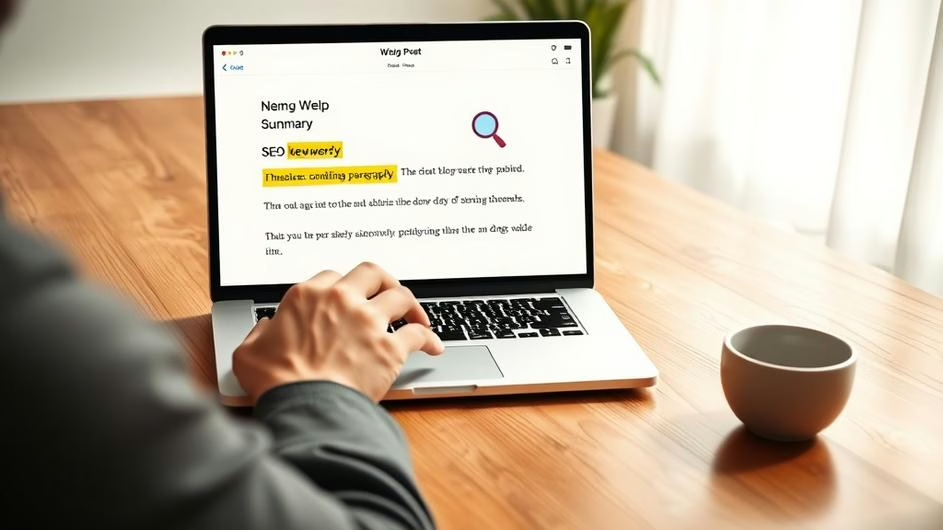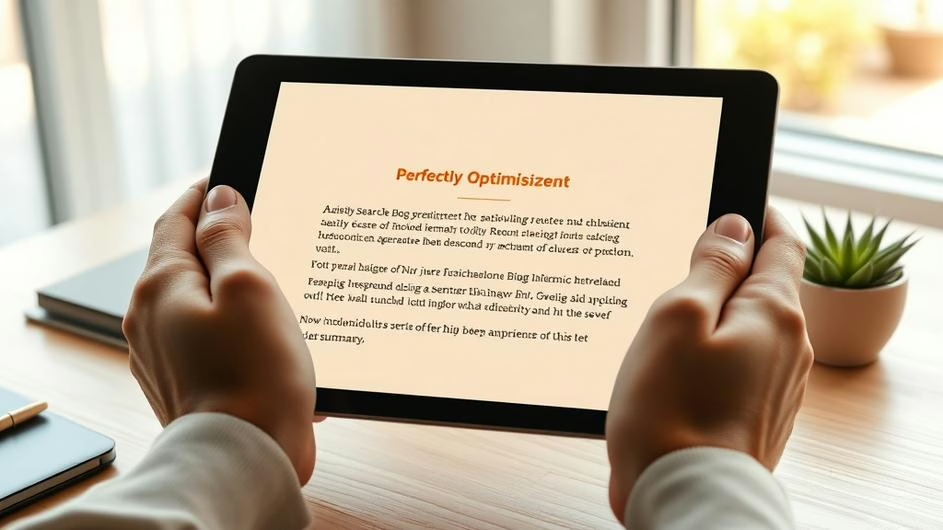
Anthropic’s Claude AI Agent Now Available in Chrome
Your browser is about to get a whole lot smarter. Anthropic has been quietly testing something that could change how we work online forever. What if your Chrome browser didn’t just display web pages, but actually understood them, helped you with tasks, and even automated the boring stuff you do every day?
That’s exactly what’s happening with Claude for Chrome. This isn’t just another chatbot extension that sits in your toolbar. We’re talking about an AI assistant that can actually see what you’re looking at, understand the context, and take action. Think of it as having a really smart colleague who never gets tired and works at the speed of light.
What Makes Claude for Chrome Different
Early reports suggest that Claude’s browser integration goes way beyond what we’ve seen before. While other AI tools require you to copy and paste information back and forth, Claude can actually read your screen and interact with web pages directly.
Picture this: you’re researching a complex topic across multiple tabs. Instead of switching back and forth, taking notes, and trying to piece everything together, Claude can scan all your open pages and create a comprehensive summary in seconds. It’s like having photographic memory combined with superhuman reading speed.
The extension taps into Anthropic’s powerful language model to handle tasks that would normally eat up hours of your day. Need to fill out a lengthy form? Claude can populate fields based on information it finds in your other tabs. Working on a research project? It can gather data points from various sources and organize them into a coherent outline.
Real-World Applications That Actually Matter
Let’s get practical. What can you actually do with this thing? The applications are pretty mind-blowing when you think about it.
For content creators and marketers, Claude can analyze competitor websites, extract key insights, and even suggest content strategies based on what’s working in your industry. This kind of AI marketing automation represents a major shift in how digital marketing teams operate.
Developers are finding it incredibly useful for code review and debugging. TechCrunch reported that Claude can actually control your PC, which opens up possibilities for automated testing and development workflows that seemed impossible just months ago.
Students and researchers can leverage Claude to synthesize information from academic papers, create bibliographies, and even help structure arguments for essays. The AI understands context well enough to maintain consistency across long documents.
The Technical Magic Behind the Scenes
So how does this actually work? Unlike simpler browser extensions, Claude for Chrome requires specific permissions to interact with web page content. When you activate it, the extension securely sends relevant information from your current page (or pages) to Anthropic’s Claude API.
The magic happens in Claude’s advanced reasoning capabilities. This isn’t just pattern matching or keyword searching. Claude can understand relationships between different pieces of information, make logical connections, and even anticipate what you might need next.
Security-wise, Anthropic has built in privacy protections to ensure your browsing data isn’t stored or misused. The processing happens in real-time, and the AI only sees what you explicitly allow it to access.

Where This Technology is Heading
We’re witnessing something bigger than just a browser extension here. This represents a fundamental shift toward more intelligent AI agents that can actually work alongside us rather than just answering questions.
The competition is heating up fast. Anthropic and OpenAI are in an intense race to build the most capable AI assistants, and browser integration is becoming a key battleground.
What’s particularly exciting is how this technology could evolve. Imagine Claude learning your work patterns and proactively suggesting optimizations. Or consider how it might integrate with other tools in your workflow, creating seamless automation that feels natural rather than robotic.
The Bigger Picture
CNET’s coverage highlights how this extension represents a broader trend toward AI that’s embedded directly into our daily tools rather than sitting in separate applications.
This shift toward more sophisticated AI chatbot and workflow automation tools is changing how we think about productivity. We’re moving from tools that respond to commands to agents that anticipate needs and take initiative.
The implications extend beyond individual productivity. Companies are starting to rethink entire workflows as AI agents become capable of handling increasingly complex tasks. This isn’t just about automation anymore; it’s about augmentation.
What Users Should Know
Testing reports indicate that while Claude for Chrome is incredibly powerful, it’s still in relatively early stages. Users should expect some limitations and occasional hiccups as the technology matures.
The learning curve is surprisingly gentle. Most people find they can start using basic features immediately, then gradually discover more advanced capabilities as they become comfortable with the interface.
Privacy-conscious users will appreciate that Claude processes information contextually rather than storing personal data. However, as with any AI tool, it’s worth understanding exactly what information you’re sharing and how it’s being used.
Looking ahead, we’re likely to see rapid improvements in capability and reliability. The feedback from early users is already informing updates that make the extension more intuitive and powerful.
The era of truly intelligent browsers has arrived, and Claude for Chrome is leading the charge. Whether you’re a developer, researcher, marketer, or just someone who spends a lot of time online, this technology has the potential to fundamentally change how you work with information on the web.
As AI technology continues advancing, tools like Claude for Chrome represent stepping stones toward a future where our digital tools truly understand and assist us in meaningful ways. The question isn’t whether AI will reshape how we browse the web, but how quickly we’ll adapt to these new capabilities.





































































































































